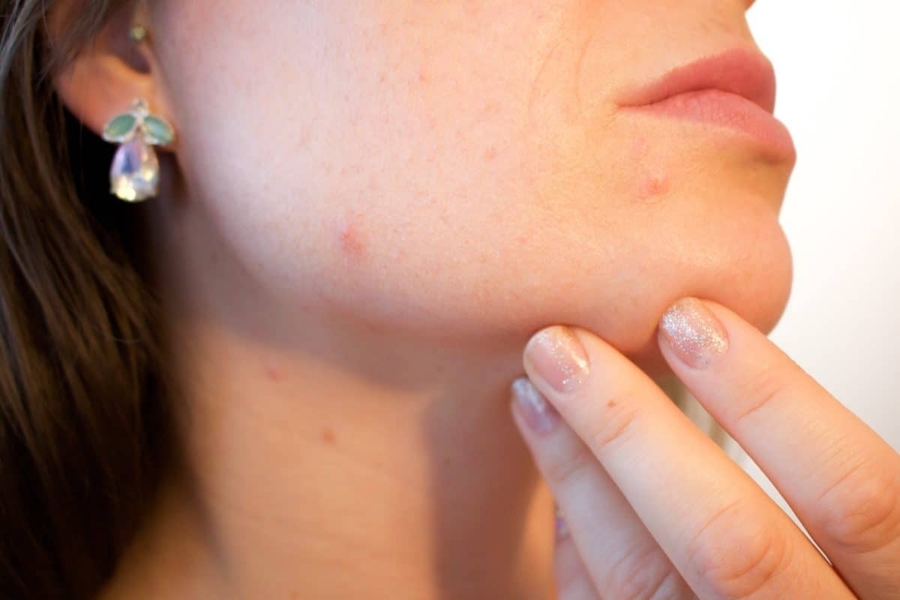
What Does The Thyroid Gland Really Do?
4 Jun 2018 | 4 min Read
Dr Mukesh Agrawal
Author | 5 Articles
With the increase in number of people getting diagnosed with thyroid disorders, the first question that comes to mind is- what does the thyroid gland do?
The thyroid gland is an endocrine gland, which means it secretes hormones. Thyroid location in the body is in front of the neck, below the Adam’s apple. It is a small, butterfly shaped gland with two lobes, which are attached by a thyroid tissue called the isthmus. It produces two important hormones called T3 (triiodothyronine) and T4 (thyroxine).
Thyroid function: What does the thyroid gland do?
Depending on the need of the body, thyroid stimulating hormone (TSH) is released by the pituitary gland located in the brain. TSH stimulates the thyroid to produce its two hormones- T3 and T4- and release them into the bloodstream. Thyroid hormones need iodine for their formation. T3 and T4 contain three and four iodine atoms respectively. This iodine is absorbed from the food we eat. Iodine can be obtained through diet from sea food, dairy and iodized salt.
T3 is the biologically active hormone, which means it is responsible for the actions exerted by the thyroid hormones. The cells and tissues in the body convert T4 to T3.
Thyroid hormones work to regulate body temperature, body metabolism, use of other hormones and vitamins, growth and maturation of cells and tissues.
Thyroid related disorders
Any aberration in the production of the thyroid hormones leads to either underproduction or overproduction of the thyroid hormones. Here are the some of the commonest complaints that arise when the thyroid gland misbehaves:
Hyperthyroidism (Overactive thyroid): An overactive thyroid produces increased amounts of thyroid hormones which increase your metabolism. If they are not controlled, the effects can be dangerous. Symptoms include weight loss, increased heart rate, excessive sweating, heat intolerance, nervousness etc. These can be treated with antithyroid drugs like methimazole, large dose of radioactive iodine or surgical thyroid removal. You can live without the thyroid gland by supplementing its loss with thyroid hormone supplements.
Hypothyroidism (Underactive thyroid): An underactive thyroid causes it to produce less than required amounts of thyroid hormones, which decrease your metabolism. Symptoms are usually the opposite of hyperthyroidism and include weight gain, slow heart rate, sensitivity to cold, fatigue, dry skin, constipation etc. Treatment is with the help of thyroid hormones. Your physician will need you to follow up regularly so that s/he can titrate the dose depending on how your body is reacting. It is one of the most common disorders in women and increases the risk of infertility.
Goiter: The thyroid gland may get enlarged producing a lump in the throat. It may be caused due to hyperthyroidism, hypothyroidism, iodine deficiency, certain medications, radiation or rarely due to thyroid cancer. Treatments aims at finding the underlying cause and taking an action from there.
Thyroid nodules: The thyroid gland may develop individual nodules on or in the thyroid gland. These nodules are usually non- cancerous and harmless. Physicians usually don’t treat them if there is no discomfort or symptoms. Sometimes these nodules may produce less or more amounts of hormones. Your physician will conduct special tests to determine this and choose a course of action.
Thyroid function disorders are mostly seen in women as compared to men. Hypothyroidism is a very common thyroid disorder and becomes more common with increasing age. If you experience any symptoms, it is advisable to meet your physician and get your thyroid hormone levels checked. Almost all thyroid problems can be treated if detected at the right time.
Also read: Everything You Need To Know About Your Thyroid During Pregnancy
Explore the entire collection of articles: Mom Health
A


Related Topics for you
Suggestions offered by doctors on BabyChakra are of advisory nature i.e., for educational and informational purposes only. Content posted on, created for, or compiled by BabyChakra is not intended or designed to replace your doctor's independent judgment about any symptom, condition, or the appropriateness or risks of a procedure or treatment for a given person.
